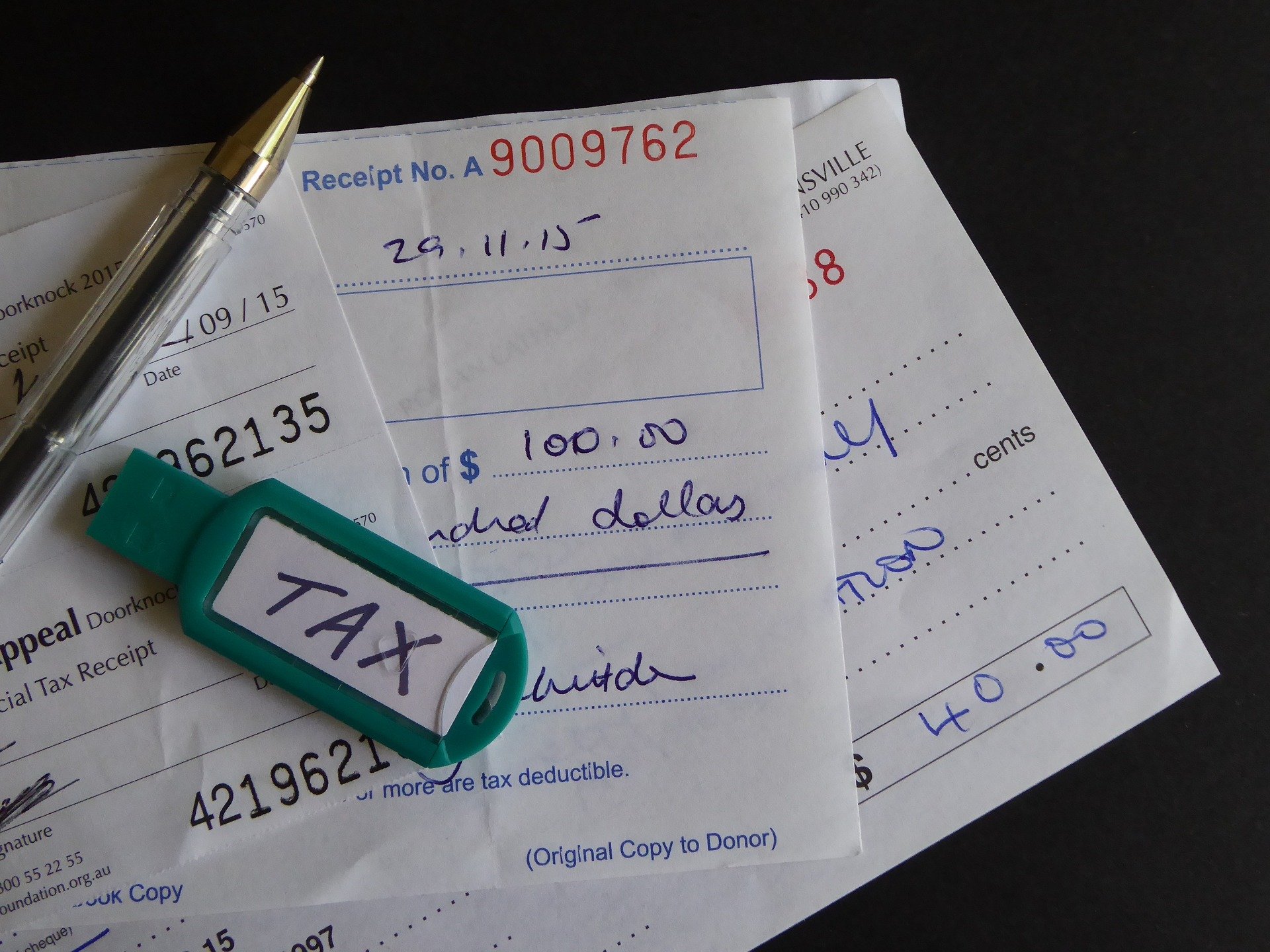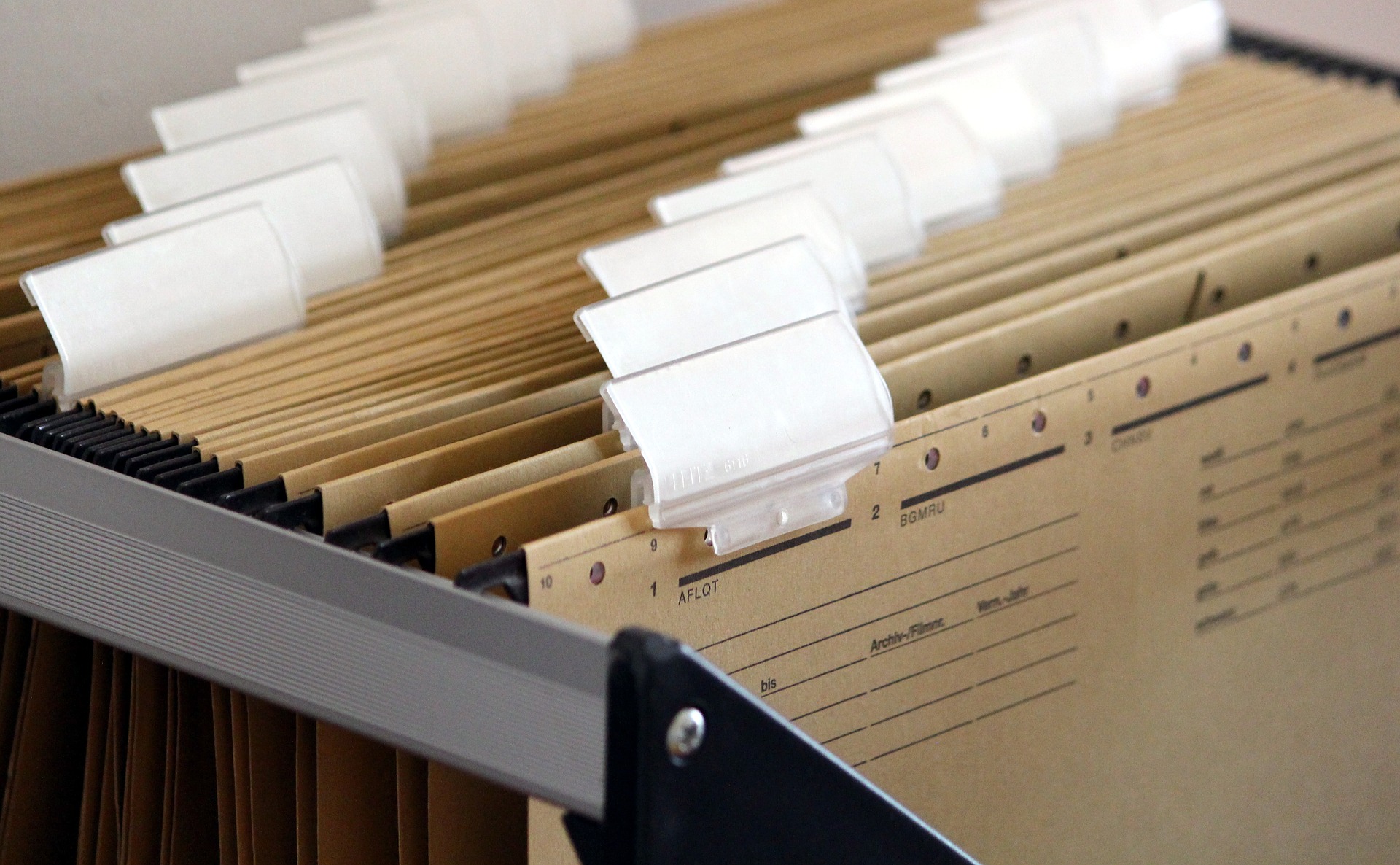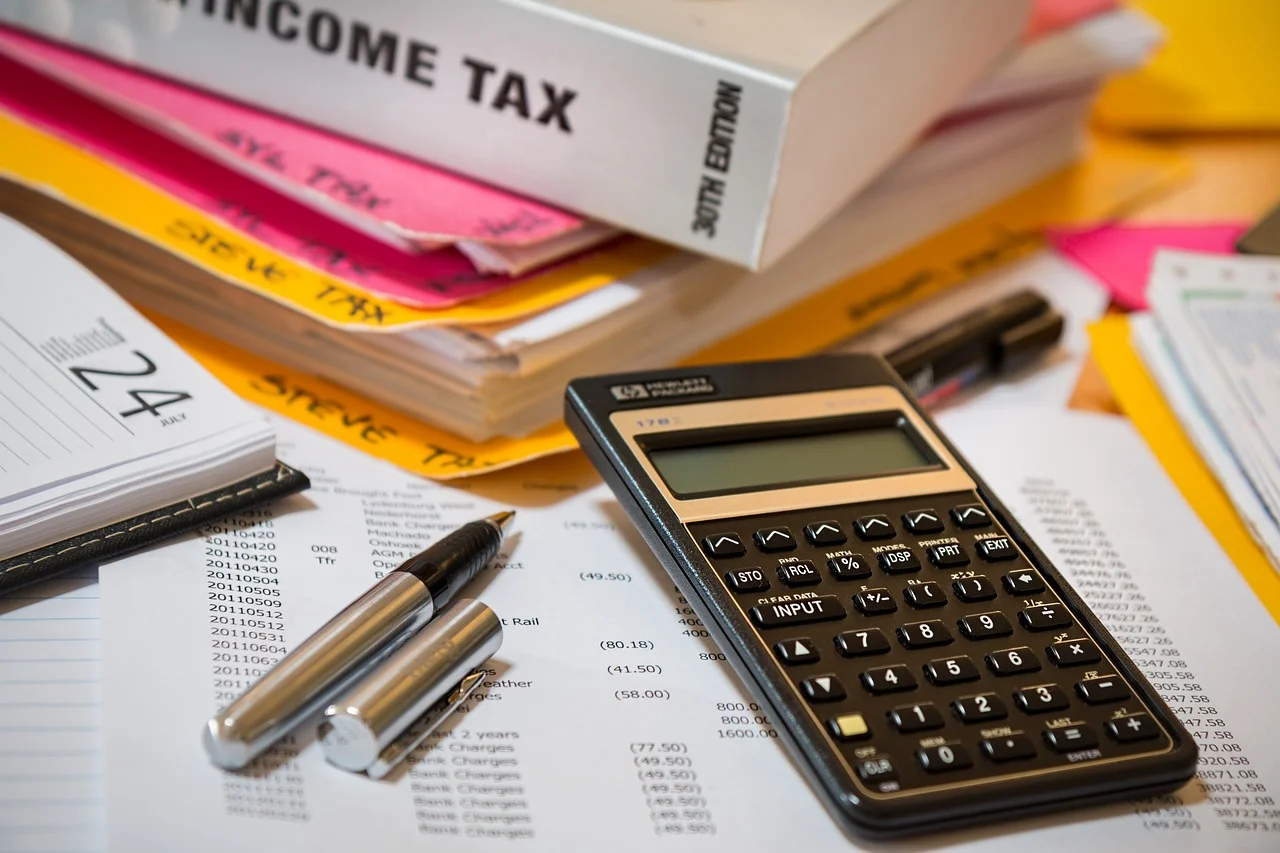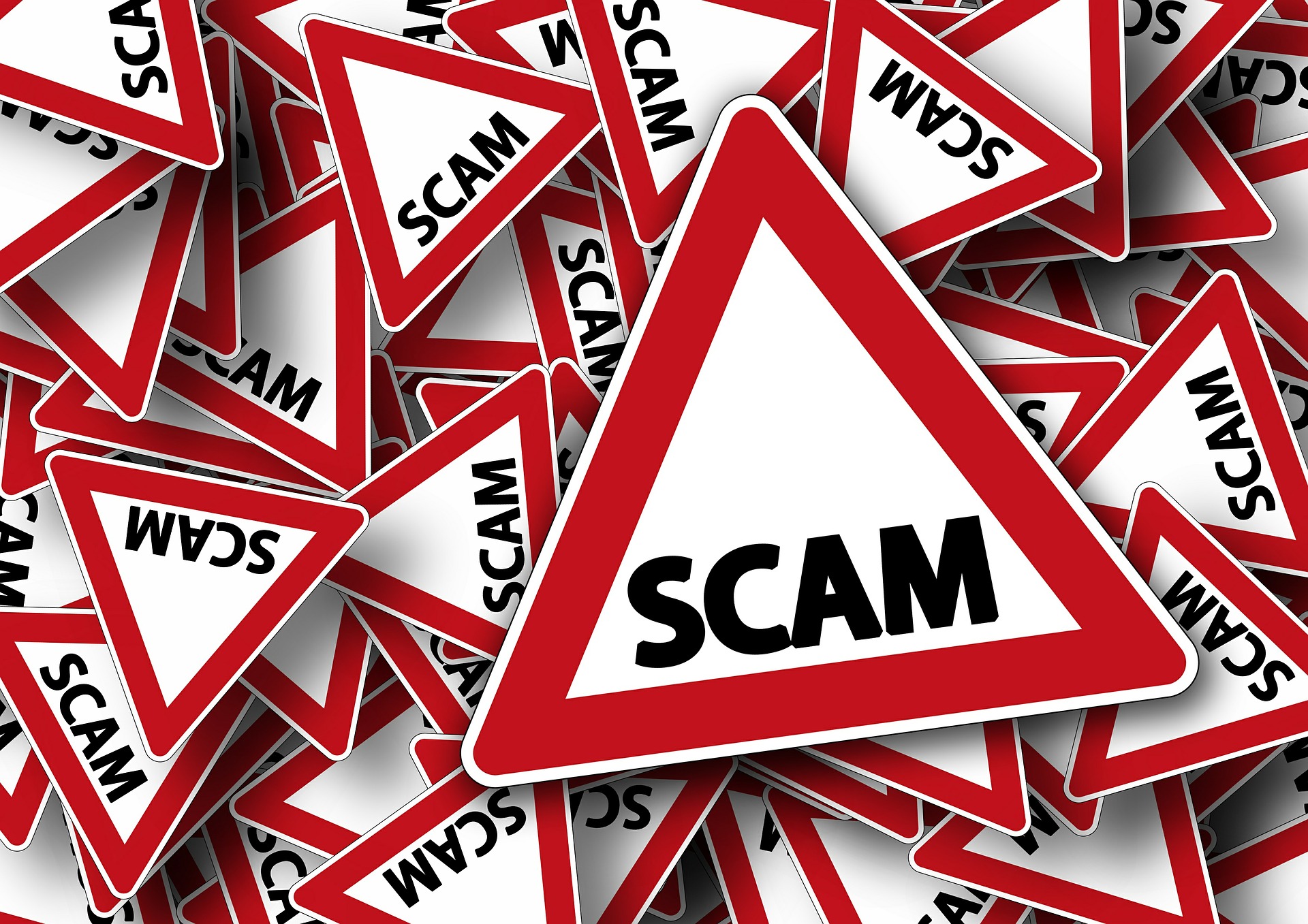Tax Return Reporting for Net Unrealized Appreciation Outline Andrea MacDonald and Sean Mullaney Net Unrealized…
How long should you keep statements and receipts from your personal tax return?
By Andrea MacDonald, CPA
Tax season is here, and April 15th is only a few months away! The questions I get the most are: How Long should I keep my Tax returns and records? My paychecks? My health records? How about old tax returns?
Even after you’ve sent in your tax return, the IRS could always audit you or your business. That’s why it’s important to keep tax records, statements, and receipts. Suppose the IRS notices a discrepancy in your past filings and wants to check in. You’ll need organized records, so you can send them what is requested. But how long do you need to keep these records? It’s an important question, especially if the IRS audits your returns. Three years is the usual answer, but in some cases, you might want to keep your records even longer.

How long should you keep your tax records?
The IRS can usually only go back and audit your tax returns in the three years after you’ve filed them. But there are some exceptions to that three-year review period. Below, we’ve listed some of the exceptions to the three-year rule. We’ve also indicated how much time you should keep your federal tax records in these cases.
Do you have employment tax records?
If so, then you should keep your tax records for at least four years after you file your original return.
Did you neglect to report more than 25% of your gross income on a tax return?
In these cases, the IRS can go back up to six years to audit your return. If you’re worried you might have done this, it’s best to keep your tax records for at least six years.
Did you fail to file a tax return?
There is no statute of limitations on this, which means you will likely have to pay a fine. This means keeping all of your records from the first time you failed to file your tax return.
Did you file a fraudulent tax return?
If you filed a fraudulent return or someone did so in your name, there is also no statute of limitations in this case. This means keeping all of your records.
Did you file a claim for a loss from worthless securities or bad debt deduction?
If so, then the IRS recommends keeping your tax records for at least seven years.
Did you file a claim for credit or refund after you file your tax return?
There are two answers to this question, depending on your situation. You will either need to keep your records for three years after you file your original return or for two years after you pay the tax. You’ll have to do whichever one comes later, per the IRS’ recommendation.
Do none of the above cases apply to you?
Then you’re all set to stick to the three-year rule.
What receipts and statements should you keep?
Now you know how long you should keep your tax records. But you might be wondering what specific records you actually need to keep. Here are some examples of tax documents and receipts you should maintain:
- A copy of your current and past Federal and State tax returns
- Any W2s you received
- Logs for mileage
- 1099 forms
- Receipts related to deductions, credits or employment
- Any other paperwork that would support the deductions and credits you claimed



Do state and federal tax returns have different rules for keeping tax records?
Each state has its own laws and recommendations for how long you should store your tax records. The IRS usually recommends keeping your records for three years if there are no issues. Virginia follows the IRS rules, so keep your records for 3 years unless exceptions applies. But some states can go back even further to audit your state tax returns. For example, California and Arizona have four-year statutes of limitations. Montana goes even further with a five-year statute. If any of the exceptions above apply to you, the statute of limitations could be even longer. The best way to know how long you should keep your state tax records is to check with your state’s tax authorities.
How should you keep and store your tax records?
Every taxpayer has a different system that works for them. The IRS doesn’t have any particular rules about this. All they care about is that you can locate and send tax documents when they ask for them. There are many ways to organize and store your records, but here are some of our recommendations:
Develop a filing system and stick to it.
Do you use online software or a physical filing system? Well, it’s important to stay organized year round no matter what. First, organize your tax documents by year. For each year, you can have separate folders for all 12 months. Then, sort the documents into categories like “tax returns” and “bank statements.” You can get as detailed as you want! You can include different folders for receipts, invoices, canceled checks, and more. Make sure to specify a statute of limitations for each folder so you know how long to keep them on hand.
Find a place to store your records.
Whether you store paper files in file cabinets, on a computer or online, you need to make sure they are safe. Fireproof cabinets are good for your paper records. For records on your computer, make sure they are safe from cyber threats and you have backups of your files. There are also online options for file storage like Google Drive, iCloud Storage and DropBox. Make sure they have cyber security protection and regularly update the protection.
Consult IRS Publication 552.
In this document, the IRS has outlined the types of tax records you should keep and why. Take a look for any more questions you may have.
Tax season can be a stressful time of year, but it doesn’t have to be. If you keep your tax records organized year round, you’ll have a much easier time filing your taxes. And if you store and organize your records, you’ll have no issues if the IRS comes knocking. Do you want more information about maintaining your tax records? How about an expert to do your taxes for you? Call Pro Tax & Accounting today!
If reading this has created more questions → Email Us!
Andrea MacDonald, CPA is the owner of Pro Tax & Accounting in Chesapeake, Virginia. For nearly two decades, she has been working with businesses on their bookkeeping, accounting, and taxes. She also works with individuals and families on their tax returns. Andrea is a Certified Public Accountant (CPA) and a qualified bookkeeper and tax professional. She is well-versed in tax law, which makes her an invaluable resource for any business.

At Pro Tax & Accounting, we keep you from breaking the bank!
Pro Tax & Accounting is your go-to resource for businesses bookkeeping, accounting services, payroll, QuickBooks Consulting, and tax services. President and owner, Andrea MacDonald, CPA, is a Certified Public Accountant. Andrea and her team have the education, knowledge, and experience and work with businesses throughout the Hampton Roads Virginia cities of Chesapeake, Norfolk, Virginia Beach, Suffolk, Newport News, and Hampton, north into Williamsburg, and throughout the mid-Atlantic region. And thanks to technology, Pro Tax & Accounting can work with clients anywhere in the world!
Call today and free up the time you need to run your business, and leave the bookkeeping and accounting up to the experts!
>> Email Us to Book an Initial Consultation for all your Bookkeeping & Accounting needs.
Resource: IRS





